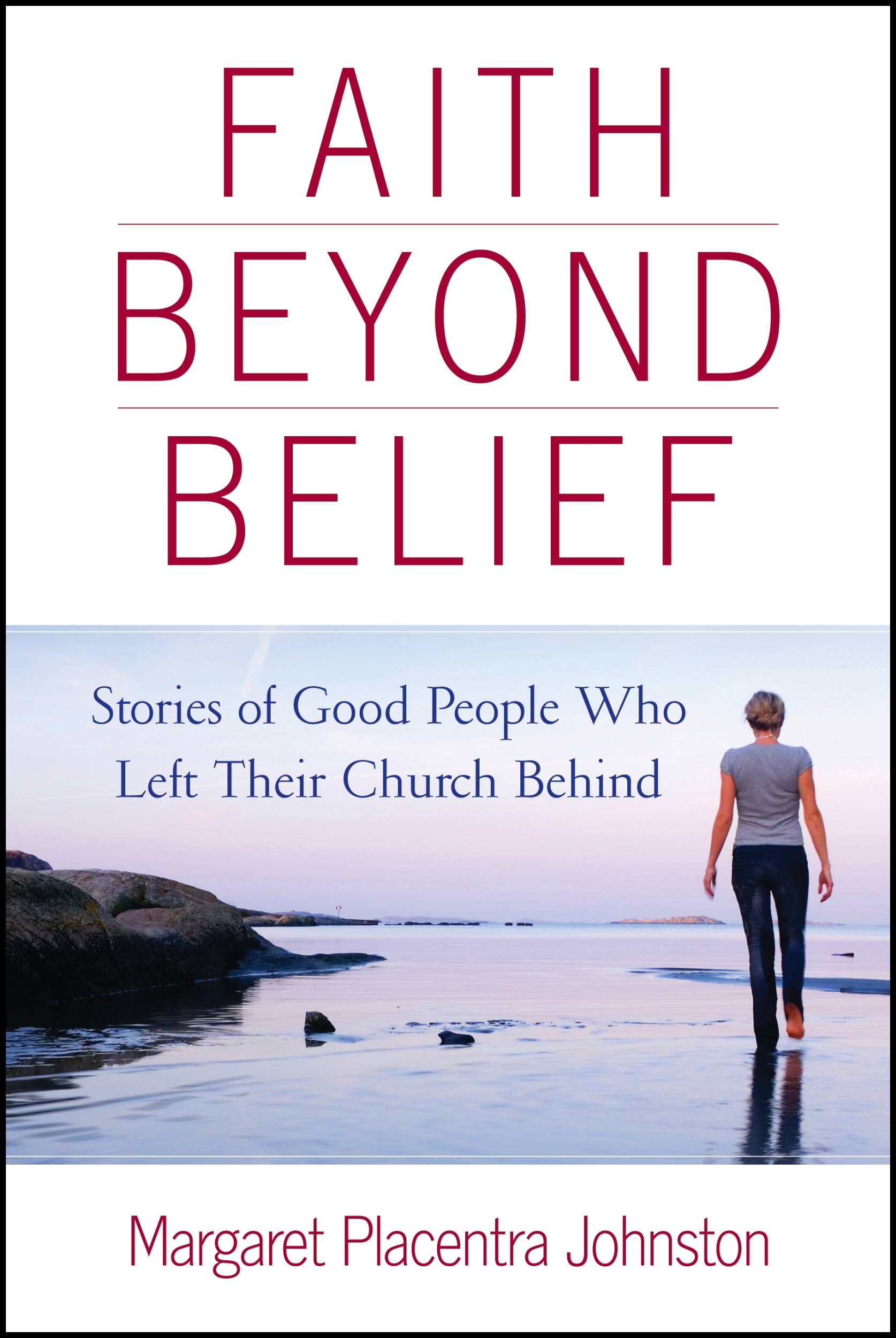Religious beliefs present many logical problems. If hell is a fiery place under the earth, why have geologists never found sign of it? Where would heaven actually be in the skies that astronomers have never located? If the Christian God would only save Christians, doesn’t that make him mean, unfair and unjust? Could a good God really not care about all those people who lived before Jesus, and those in different parts of the world who will never hear of him? If the Bible really contains the truth, how are we supposed to incorporate its statement that God created the world in seven days idea with evolution and the findings of science?
But staunch religious believers are rarely bothered by these problems in the logic of their beliefs. Why is that? Speaking in extremely general terms, there are two very broad classes of religious people. These two groups are referred to in many different ways, but for the sake of this discussion, let’s call them Type I and Type II.
Type I’s at the most extreme end insist on taking everything offered by their religion at face value. The seven days of creation lasted twenty-four hours each, and stretched from 12:01 AM on a Monday to the stroke of midnight the following Sunday. Mary was miraculously impregnated by the Supreme Being and gave birth to her famous son while still a virgin in the literal sense. Hello…really?
Type II’s on the other hand see value in scripture, but are able to learn from the stories without insisting they represent historical fact. No reasonable person really reads Aesop’s as fables thinking the animals actually talked. Similarly, Type II’s can translate the scriptural meanings into broad-brush life lessons for our time without getting mired in the exact words that no longer make sense in an evolving society.
Type I’s in general are the staunch believers who go along blissfully unaware of the logical inconsistencies in their religious beliefs. Having just accepted without question the teachings handed to them by religious authorities, they have never subjected their beliefs to critical reasoning. So there is something problematic about religious beliefs of this nature. If they don’t stand up to rational analysis, they cannot represent the full truth.
So what is different about the beliefs of the Type II’s? What should come to be known as spiritual development theory may offer an explanation. A number of what we will call spiritual development theorists have contributed to this theory, though many would insist their work is original and deny the correlations in their work. Some of these have illustrated their own personal journey to spiritual maturity, and some have described the results of research studies on actual people. While the details may differ, their findings all agree in a general sense. Subjecting religious teachings to rational analysis, it turns out, is an important step on the journey toward spiritual maturity.
Some people who do this will reject religion for a time because so many of the beliefs don’t hold up well to rational inspection. Some of these will make a quick decision and then live the rest of their lives as nonbelievers. This may mean they will deprive themselves of the benefits religion can bring. But in a sense they are living more truthfully than the Type I staunch believers who believe things that really can’t be true. Not to take this reasoning step is to remain a spiritual child, subject to the authority of others—the religious leaders and/or holy books written centuries ago. The person who has questioned the beliefs has assumed a level of confidence in his own reasoning powers, has undergone an increase in his own personal authority. Where the Type I is a spiritual child, the critical reasoner is a little bit more advanced spiritually, even though he may not have any religious beliefs.
Where do the Type II religious people fit in? Well, it seems if a person who has reasoned himself out of the literal meanings of his church’s teachings keeps on questioning, he may come to notice things that his reasoning powers can’t figure out. Some things are not subject to a black and white answer. Complexities show up that cannot be decided by logic alone. This person may come to rely less on his own reasoning powers—not in an innocent pre-critical way, but in a more sophisticated acknowledgement that human reason cannot know all things.
Moreover, he may begin to see wisdom in some of the things some churches say. But chances are he has noticed that his original church is not the only one with any wisdom to share. Some other religions seem to contain truths as well. This person may begin wanting to celebrate the truths he feels about religion in general. He may wish for a community with whom to share is spiritual feelings.
At some point this person may begin looking around for a church or other spiritual group to join. If he chooses and joins one, he may begin to say he believes what they teach. But there is a difference between the way he believes and the way the Type I’s believe. The Type II realizes he is choosing a single community to join from among many possibilities. It is not that he has suddenly found “THE Truth,” and adopted “THE Right” beliefs. Instead, he has chosen to agree with one set of beliefs as one choice out of many he could have made.
The Type II realizes there are elements of truth in the expressions of every religion. The specifics of his chosen religion don’t matter so much as the overall gist of the meanings. And when the overall gist of many religions is viewed metaphorically, one can see that they all kind of match. The individual religions are all regional expressions of the same overall truth. So the Type II tends to realize this. His beliefs are more general, and metaphorical, not literal. Spiritual development theory tells us this is a more mature form of religious belief. Literal beliefs mask overall commonalities we all share.
The problem with religious belief is that it keeps us mired at the literal level, prevent us from recognizing commonalities with those outside the given religion. It discourages us against considering input from sources outside a given religious tradition, and keeps us from acknowledging our own peak experiences as important to our development.
Religious beliefs are fine so long as they can be appreciated as local expressions chosen by a particular tradition to express a larger universal truth that is otherwise hard to explain. When we insist on taking them literally, they become weapons to use against those who believe differently and they speak of an immature spirituality.
















